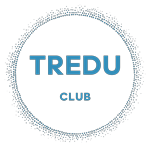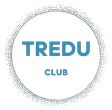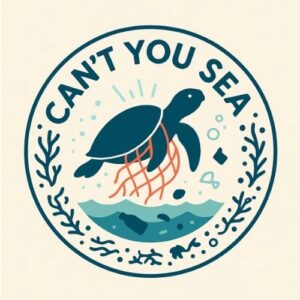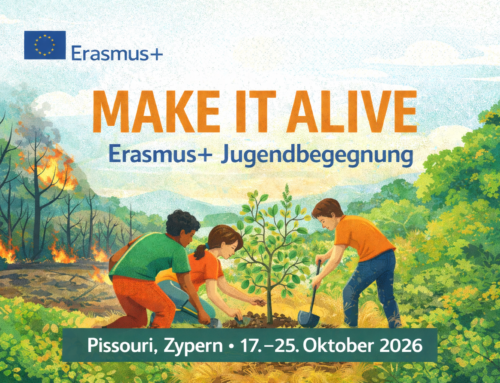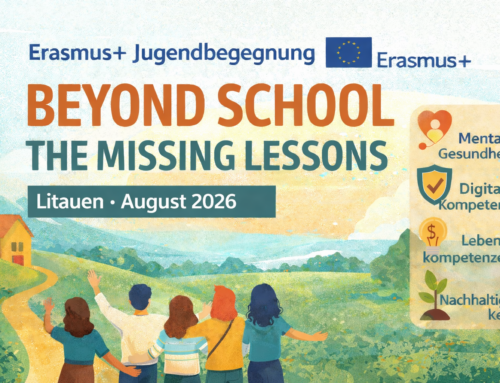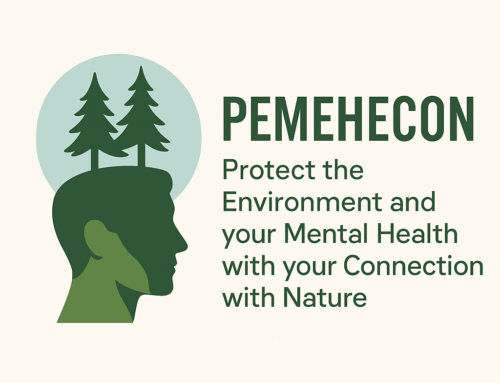Erasmus+ Youth Exchange for young people aged 16-22 in Cyprus from 12/11-21/11/25
“Can’t You SEA?” is an Erasmus+ youth project that brings together 36 young people from six countries in Pissouri, Cyprus, to address the challenges of marine pollution, climate change, and sustainable conservation measures. Eight days dedicated to sustainability, environmental protection, and many other new topics.
Project overview
Project name: Can’t You SEA?
📅 Duration: March 1, 2025 – February 28, 2026 (12 months)
📍 Youth exchange location: Hylatio Tourist Village, Pissouri, Cyprus🔗 www.hylatio.com.cy
📆 Date of the youth exchange: November 12 – 21, 2025 (including travel days)
👥 Participants: 36 young people + 12 group leaders + 2 facilitators
💰 Costs: Travel, accommodation and meals are funded by the Erasmus+ program
Applicant organization: Polychoros Voroklinis
Coordinating organization: NGO ACPELIA
Age group: 16 – 25 years
Project language: English
Tredu Club provides 6 participants and 2 group leaders for the exchange in Cyprus.
The application phase is now closed.
Why this project?
🌎 Marine pollution is a global problem!
Eight million tons of plastic waste end up in the oceans every year. This pollution threatens marine ecosystems, creates massive “plastic islands,” and harms the climate.
🏝 Cyprus is particularly affected.
As an island nation, Cyprus is heavily dependent on healthy seas. However, the Mediterranean Sea is among the most polluted seas in the world.
👫 Young people can make a difference!
Environmental education about marine pollution is often neglected in schools. Therefore, this project offers a unique opportunity to take action and find sustainable solutions.
Aims of the project
- Creating awareness: Young people learn about the causes of marine pollution and how it affects climate change and rising sea levels.
- Promote action: Participants develop practical strategies to reduce marine pollution and promote sustainable lifestyles.
- Enabling cultural exchange: Young people from six countries learn from each other and develop joint solutions.
- Develop skills: Strengthen skills in project management, digital communication and environmental activism.
- Implement on-site actions: Direct experience through beach clean-ups, conversations with locals and visits to affected coastal regions.
- Passing on knowledge: Creating educational materials (videos, booklets, infographics) to inform others as well.
- Expand partnerships: Strengthen collaboration between organizations to promote sustainable environmental projects beyond the exchange program.
- Raise awareness of Erasmus+: Inform participants about Erasmus+ opportunities and develop their intercultural skills.
- Ensure long-term impact: Establish an alumni network to continue the exchange of knowledge and experience.
Methods & activities
🌊 Hands-on learning:
- Beach clean-ups: direct action to protect the oceans
- Excursions & field research: Investigation of local environmental problems in Cyprus
- Discussions with locals: Insights into the impact of marine pollution on the local economy and society
📢 Workshops & group activities:
- Interactive workshops: Climate change, marine conservation & sustainable development
- Role plays & simulations: Developing an understanding of environmental problems and solution strategies
- Project planning & group work: creation of campaigns, posters and videos
🎨 Creative methods & digital tools:
- Creation of social media campaigns to raise awareness about marine pollution
- Design of infographics & posters to disseminate knowledge to the public
- Filming & editing videos to document the project
💬 Reflection & exchange:
- Daily feedback rounds & discussions
- Exchange of experience between the countries
- Planning of follow-up projects in the home countries
Who can take part?
🎯 Young people between the ages of 16 and 25 who are interested in environmental and marine protection and want to become active.
👥 Tredu Club provides 6 participants & 2 group leaders for the youth exchange in Cyprus.
📌 All costs (travel, accommodation, meals) are covered by the Erasmus+ program.
Our partner organizations
🌍 Internation cooperation
The project is coordinated by Polychoros Voroklinis (Cyprus) and implemented in cooperation with organizations from Austria (Tredu Club), Germany, Poland, North Macedonia and Lithuania.
